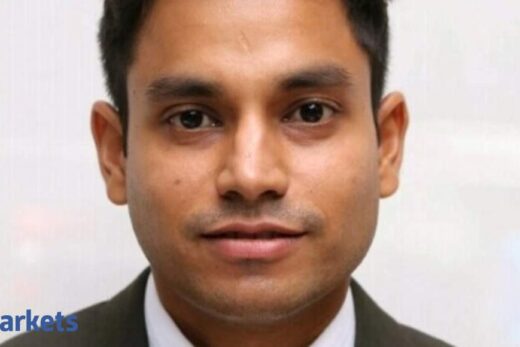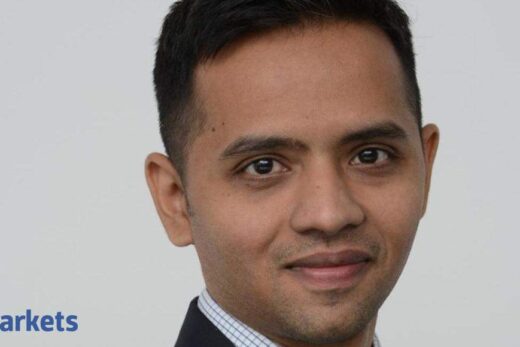The survey– Corporate Governance Survey – 2020—took responses from about 21,000 shareholders in Indian listed equities.
The survey found that 79% individual shareholders believed that constitution of the Board of Directors of most Indian corporations is tilted towards promoters as many independent directors and not really independent. Also 65% individual shareholders believe that independent directors in public traded Indian companies are not acting to protect the interest of minority shareholders.
According to shareholders, in some corporate such independent directors are friends, family or associates of the promoters and rarely raise difficult and pertinent governance issues,” the LocalCircles survey said.
This comes at a time when India is celebrating “Good Governance Day” on December 25. The survey keep getting responses of shareholders over last one year.
“India has had its share of companies where weak corporate governance led to significant erosion of shareholder value as public markets punished them once the details of the fiasco became public. Satyam Computers, IL&FS, Punjab National Bank, ICICI Bank is just some examples where shareholders suffered because of governance failures or conflict of interest of management. Many of these corporates while on paper adhered to corporate governance codes for years, the reality was different and shareholders ended up facing the brunt of it,” said Sachin Taparia, chairman of LocalCircles.
As per the survey the top-3 concerns of individual shareholders of public traded companies are accounting fraud, selling of company assets without shareholder knowledge and insider trading
“About 82% individual shareholders believe insider trading is prevalent in publicly traded companies in India and about 66% individual shareholders believe insider trading in public companies takes place through friends/family/agents of the beneficiary,” the survey added.
The survey may be able to also pin point as to why small investors stay away from the stock markets. Indian stock markets have jumped many folds in last few years but the retail participation remains as low as 2% of India’s population.
Industry trackers however point out that India continues to be an attractive investment hub when compared to other Asian markets—not just in terms of corporate governances but also returns. Foreign Portfolio Investors (FPIs) have been going gung ho on India stocks and have pumped in around Rs 55000 crore or about $ 7.5 billion in December till date.
India has come a long way since 1990s when the frauds were rampant and so was insider trading say experts. The Indian capital market regulator along with Indian central bank has been really active to go after companies and banks that do not abide by the regulations.
Yet, there is a long way to go if India wishes to compete with other developed markets in the region such as Tokyo, Hong Kong or Singapore, say experts. And retail participation is the key where a common man can put its trust in this asset class.
Over the last year, LocalCircles has received many concerns from citizens about the prevalence of insider trading and how it benefits a handful of people. When the common shareholders were asked “How prevalent do you think is insider trading in India?”, 10,173 responses were received. Of which, 49% voted “Extremely prevalent”, while 31% found it ‘Somewhat prevalent’, 3% believed it was “Quite Rare” while 1% said it “Doesn’t Happen at All” and 14% responded in a Can’t Say. Overall, 82% common shareholders believe that insider trading is prevalent in publicly traded companies in India, the survey points out.
According to Comptroller & Auditor General of India (CAG), an auditing body for government finances that also looks at company’s compliances and performance, has developed standards and guidelines for environment audit, research accounting among others, and has carried out audits on a case to case basis. One of the top concerns raised by citizens over time has been about the independence of an independent director and their relationship with promoters both at a personal and financial level, the LocalCircles survey added.



